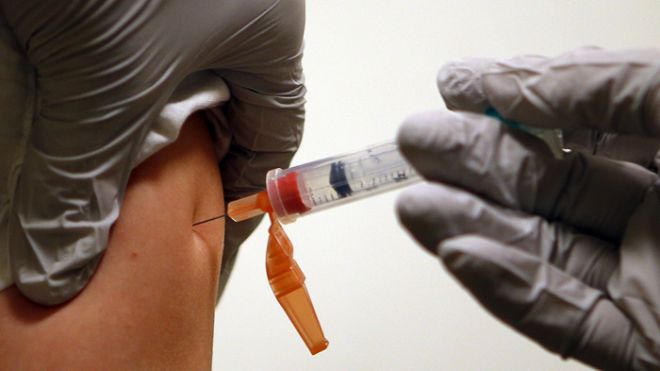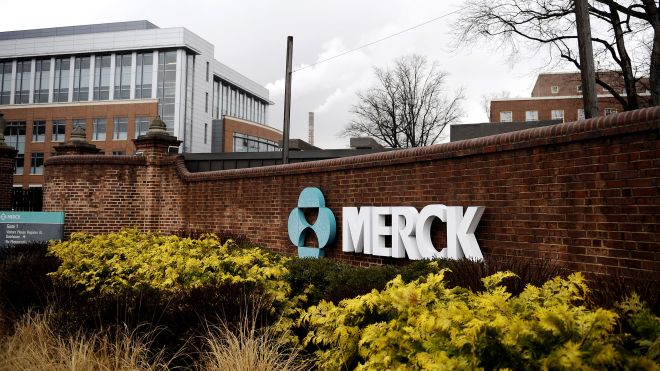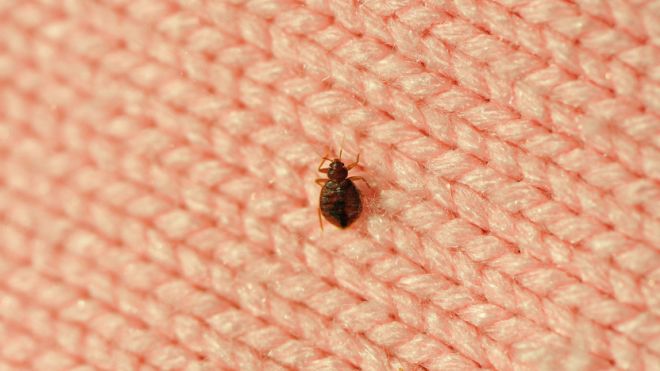Vaccine exemptions rising, tied to whooping cough
The number of New York parents who had their child skip at least one required vaccine due to religious reasons increased over the past decade, according to a new study. What's more, researchers found counties with high religious exemption rates also had more whooping cough cases - even among children that had been fully vaccinated. States set their own requirements on which vaccines a child must have received to enter school. All allow exemptions for medical reasons, and most, including New York, also permit parents with a religious objection to forgo vaccination. Less than half of states permit exemptions due to personal or philosophical beliefs. But those also can get counted under religious views in places with less strict exemption policies. “Particularly in New York State, I do believe that parents are using religious exemptions for their personal beliefs,” said Dr. Jana Shaw, who worked on the study at SUNY Upstate Medical University in Syracuse. “There's a lot of vaccine hesitancy.” Studies have shown cases of whooping cough, also known as pertussis, have been on the rise across the U.S. Researchers suspect that's due to the use of a new type of pertussis vaccine - which is safer, but less effective over the long run - and to more children missing or delaying vaccination. For their study, Shaw and her colleagues tracked data from the New York State Department of Health on both religious exemptions and new whooping cough cases. Children were reported as having a religious exemption if they had been allowed to skip at least one required vaccine for non-medical reasons. Between 2000 and 2011, the proportion of religiously exempt kids increased from 23 in 10,000 to 45 in 10,000, the study team reported Monday in Pediatrics. The number of counties where at least 1 percent of children had a religious exemption also increased, from four to 13. Most of those counties were in western or northern New York. Higher religious exemption rates were tied to more reported cases of whooping cough. In counties with at least 1 percent exemption, 33 out of every 100,000 children developed pertussis each year, compared to 20 per 100,000 in counties with fewer religious exemptions. 'Overwhelming evidence' on safety Children who had been fully vaccinated were also more likely to get sick in places with high exemption rates. No vaccine is 100 percent perfect, so infectious disease prevention relies on “herd immunity” - when enough kids are vaccinated that the infection can't spread. “If you have enough exempted children in your schools and neighborhood, they will put even vaccinated children at risk,” Shaw told Reuters Health. Saad Omer, a researcher at the Emory Vaccine Center in Atlanta, said the pattern of increasing non-medical exemptions has been seen in other states as well, including Michigan and California. Because of the general success of vaccination, “there is less disease to go around and there's less individual and collective experience. You don't hear about the disease that often,” he told Reuters Health. “When that happens, successive cohorts of parents start evaluating the real or perceived risk of vaccines more than the risk of disease.” But those perceived risks - such as a link between vaccines and autism - have not panned out. “If you look at the risk-benefit ratio between side effects of vaccines and the benefits they render, it's not even a close call. It's hugely, heavily in favor of vaccines,” said Omer, who wasn't involved in the new research. Shaw agreed. “Vaccines are extremely safe, in spite of what the Internet and other sources have argued,” she said. “We have overwhelming evidence that vaccines are safe.” Both Omer and Shaw said they don't think states and schools should pass judgment on parents' religious beliefs, but that it shouldn't be easy to get a vaccine exemption for convenience or personal preference. And, Omer added, “those who don't get (their kids) vaccinated should remember that it's not a benign choice. There are real disease risks.”source : http://www.foxnews.com/health/2013/06/03/vaccine-exemptions-rising-tied-to-whooping-cough/



